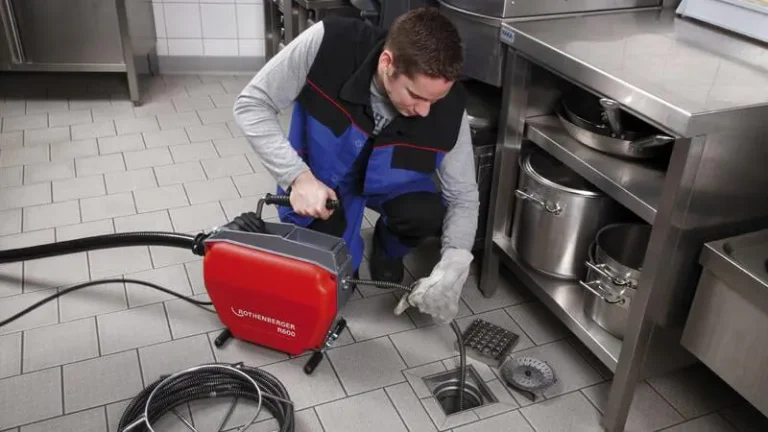
Overview of VDAP and Its Impact on Alabama Nurses
The Voluntary Disciplinary Alternative Program (VDAP) is designed to assist nurses in Alabama who struggle with substance abuse and mental health issues. While the program appears to offer a route to rehabilitation and continued practice, it is often fraught with complications. For many nurses, navigating the Problems with VDAP for Alabama Nurses can lead to significant financial burdens, emotional strain, and potential career setbacks.
What is VDAP and Its Purpose?
VDAP serves as a confidential and voluntary program aiming to rehabilitate nurses suffering from addiction or impairment. It is operated under the Alabama Board of Nursing, promoting recovery while allowing nurses to maintain their licenses. However, beneath the surface, issues arise regarding the program’s structure, enforcement, and the very essence of its objectives. Nurses are often led to believe that participation can safeguard their careers, yet the reality can be much more daunting.
Eligibility Criteria for Alabama Nurses
Eligibility for the VDAP program is limited. Nurses must voluntarily admit to having a substance use disorder or any issue that affects their ability to practice safely. Additionally, certain criteria may exclude individuals from participating, such as having a history of disciplinary actions, felony convictions, or any past impairment issues that may lead to denial of participation. This narrow eligibility range can impact the nurses who actually need the assistance but either do not qualify or hesitate to seek help.
Common Misconceptions about VDAP
Many misconceptions surround VDAP, primarily the belief that it is a straightforward pathway to recovery without consequences. Some nurses mistakenly assume their participation will remain undisclosed or that the program would not impact their careers adversely. Additionally, there is a pervasive notion that the program guarantees job security; however, the repercussions of entering VDAP can be unpredictable and sometimes severe.
Recognizing Problems with VDAP for Alabama Nurses
Financial Burden of Participation
One of the most pressing issues facing nurses who enter VDAP is the financial burden. Treatment programs associated with VDAP can be exorbitantly priced. Costs for initial evaluations may start around $3,500, while comprehensive rehabilitation services can exceed $25,000. These prices are exacerbated by the fact that many insurance policies do not cover these expenses, ultimately placing the financial strain directly on the nurses. The economic implications can create a challenging cycle, complicating recovery efforts further by adding stress and anxiety regarding financial stability.
Negative Consequences on Career
Participating in VDAP may lead to career long-term consequences. Although it is portrayed as a means to protect nurses’ licenses, those who enroll often encounter stigmatization from peers and potential employers, which can hinder future job opportunities. Moreover, the requirement for regular monitoring and reporting can create a perceived lack of trustworthiness, regardless of actual professionalism. This systemic issue poses existential threats to the nursing careers of many individuals who seek treatment.
Emotional and Psychological Effects
The psychological toll of entering the VDAP program is often overlooked. Nurses are already under immense stress due to their demanding roles in healthcare. Coupled with the challenges of substance abuse or mental health issues, participation in VDAP can heighten feelings of shame and fear of judgment. It may contribute to anxiety and depression, leading to a compounded cycle of emotional distress. Understanding these impacts is crucial for advocates and healthcare professionals who aim to support nurses fully.
Legal Implications Surrounding VDAP
Understanding Licensure Denials
One significant aspect of VDAP necessitates understanding its potential legal ramifications. Licensure denials may arise from various factors, such as past criminal convictions, previous disciplinary actions, or failure to meet the demands set by the program. For many nurses, these denials can effectively end their careers, resulting in financial losses and emotional turmoil.
Legal Rights of Nurses in VDAP
Nurses in the VDAP program retain certain legal rights that should be recognized and upheld. Understanding these rights is essential for those entering the program, particularly their right to confidentiality and protection from discrimination. However, navigating these legal waters can be complicated, especially when intertwined with moral and ethical dilemmas surrounding addiction and recovery.
Consequences of Non-Participation
Choosing not to participate in VDAP carries its own set of consequences. Non-participation may lead to disciplinary actions from the Alabama Board of Nursing, including license suspension or revocation, resulting in the loss of one’s career. This unfortunate reality means that many nurses may feel coerced into entering the program, despite their apprehensions about its implications.
Alternatives to VDAP for Alabama Nurses
Non-Profit Rehabilitation Options
For nurses seeking alternatives to VDAP, exploring non-profit rehabilitation options can be a viable path. Many organizations provide supportive treatment without the exaggerated costs or strict monitoring associated with VDAP. It enables a more personalized recovery journey without the looming pressure of licensure repercussions.
Support Networks and Resources
Finding comfort in support networks can significantly aid recovery. There are various resources tailored specifically for nurses dealing with addiction or mental health challenges. These networks focus on shared experiences and provide encouragement as individuals navigate recovery. Peer support groups can be invaluable, offering understanding and camaraderie that formal programs may lack.
Legal Support for Nurses
Obtaining legal support is paramount for nurses contemplating their options in the face of VDAP. Specialized legal consultants can navigate the intricacies of nursing law in Alabama, helping attorneys understand their rights, prepare for potential licensure issues, and explore alternative rehabilitation programs. Legal guidance brings reassurance during a potentially tumultuous process.
Taking Action: What Nurses Should Do
Consultation with Legal Experts
Nurses dealing with addiction or mental health issues must seek legal counsel prior to entering VDAP. Consulting with attorneys who specialize in healthcare law can create a secure environment for discussing options, evaluating risks, and understanding the legal implications of participation.
Developing a Personal Support Plan
Creating a personalized support plan is essential for recovery. Nurses should seek to establish a network of trusted individuals who can provide emotional, professional, and practical support. Whether through friends, family, or colleagues, the foundation of this plan can foster resilience and motivation throughout their treatment journey.
Long-Term Strategies for Recovery
Long-term recovery strategies should be developed proactively. Implementing coping mechanisms, attending ongoing therapy, and participating in continuing education can all contribute to maintaining a balanced life post-recovery. Nurses equipped with resources and strategies increase their chances for sustainable wellness and professional longevity.






